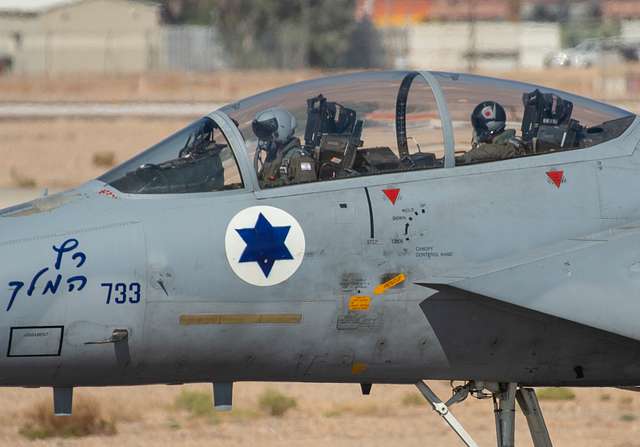
Elham Asaad Buaras
British arms exports to Israel reached a record high in 2025, illustrating a stark disconnect between the UK government’s stated concerns about the use of its weapons in Gaza and the reality of surging shipments, according to analysis of Israeli customs data.
Figures from the Israel Tax Authority, analysed by Channel 4’s FactCheck, show Israel imported nearly £1 million in UK munitions in the first nine months of 2025. This is more than double the amount received in any of the past three years. The peak came in June, with £408,000 in arms—the highest monthly value since the data series began in 2022.
Another shipment in September was valued at over £310,000. In August, deliveries worth about £150,000 included more than 100,000 bullets and components for tanks and rifles, according to Israeli customs codes.
The data lists the exported goods under international trade codes for “arms and ammunition,” a broad classification that encompasses everything from bombs and missiles to related components. However, the records do not specify the exact nature or end use of these items, leaving open the possibility that some shipments were intended for re-export by Israeli defence firms.
The Israeli government declined to clarify the details, citing tax confidentiality, and added that the trade categories “may include a broad variety of items which are not necessarily live ammunition or weapons.”
The UK government has denied that its exports are being used by Israeli forces in Gaza. “We do not export bombs or ammunition for IDF use in military operations in Gaza or the West Bank. To suggest otherwise is completely misleading,” a statement said, adding that the data includes civilian-use items and re-exports.
Despite these assurances, official UK data show that as of July 2025, there were 347 active UK arms export licenses to Israel, 167 of which were for military purposes.
This trade persists even after the government suspended 29 licences in September 2024 over concerns, they “might be used in serious violations of International Humanitarian Law.”
Notably, that suspension did not cover all categories; components for F-35 fighter jets, for instance, continue to be supplied via a multinational spare-parts pool.
Campaign groups have condemned the continuation of the arms trade with Israel. The Campaign Against Arms Trade (CAAT) argues that the UK is complicit in Israel’s military operations in Gaza by continuing to authorise arms sales, share intelligence, and provide military training.
According to CAAT, British-made components supplied for 45 F-35 fighter jets delivered to Israel since 2016 are valued at approximately £430 million, linking UK industry directly to Israel’s military capability.
The surge in exports comes as Israel faces mounting global criticism over its actions in Gaza. A recent report by the UN Commission of Inquiry concluded there are “reasonable grounds to believe” that Israel is committing acts of genocide in the enclave. The Commission urged all countries to suspend arms transfers that could enable such violations. Israel rejected the report, calling its findings “distorted and false.”
Consequently, Prime Minister Keir Starmer faces mounting pressure to bridge the gap between government assurances and export practices, as critics argue that maintaining active export licences undermines the UK’s legal and ethical obligations.
Despite official statements and ongoing reviews, the significant increase in arms exports in 2025 heightens questions about the UK’s commitment to international law and its role in Israel’s actions in Gaza.
Photo: An Israeli Air Force F-15I Ra’am taxis along the runway at Uvda Air Base, Israel, on November 4, 2019. (Credit: Airman 1st Class Kyle Cope/US Air Force)